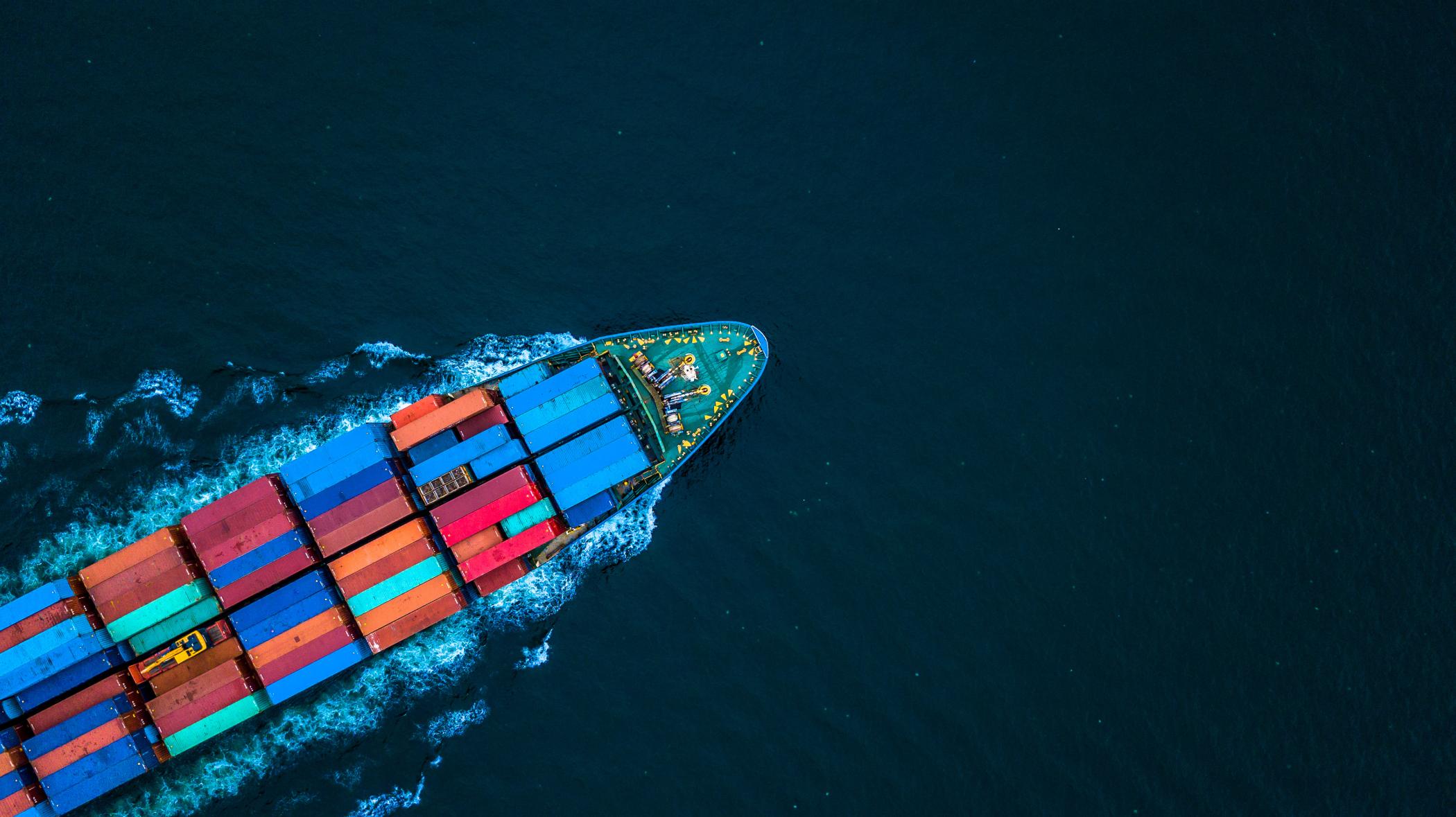Stranded nations: research reveals countries that could be left behind by net zero transition

New Oxford-led research has revealed the 20 countries that are most likely to struggle to adapt to a global low carbon economy. It shows how countries that export a small number of simple and climate-damaging products, such as crude oil or coal, will find the transition to a green economy harder than countries that export a high number of more complex, climate-damaging products like cars.
This is because countries with complex export categories already have greater opportunities for diversification and better access to the technologies and investment streams that will aid their transition. Whereas countries with fewer and simpler exports are likely to struggle to diversify their sources of revenue and are at risk of being “stranded” as the global economy moves to net zero.
Lead author Pia Andres comments: “countries tend to diversify into products that are related to what they are already good at. But, if your main export is relatively simple – like crude oil as opposed to a higher number of more sophisticated products such as car engines -- then you don’t have easy routes for diversification.”
The top three countries at greatest risk are identified as South Sudan, Iraq and Libya. Despite their relative wealth Kuwait and Qatar are also in the top 20, due to their reliance on hydrocarbon exports.
“Some of these countries have made large amounts of money from exporting fossil fuels,” says Andres, who is a researcher at the Oxford Martin School and a PhD candidate at the London School of Economics. “But so far, they have not effectively used these profits to build complex and diverse productive capabilities. Now that these resources might become stranded, we will need to see pathbreaking diversification in order for these countries to avoid being left behind.”
At the other end of the scale, countries such as the UK, Japan and United States export a large number of climate-damaging but complex products, making them better placed to produce similarly complex clean technologies. Because of this, they are likely to find the transition to net zero easier.
Co-author Sam Fankhauser, Professor of Climate Economics and Policy at the Smith School of Enterprise and the Environment, comments: “With COP28 already on the horizon, it’s important that policymakers are made aware of the uphill battle some countries may face on the path to net zero. Poorer countries will need strong international support on this journey. But those that have the means to do so must start diversifying their economies with urgency.”
The research was conducted by a team at the Smith School of Enterprise and the Environment and Oxford Martin School, University of Oxford, and the London School of Economics and was funded by the Climate Compatible Growth programme.

